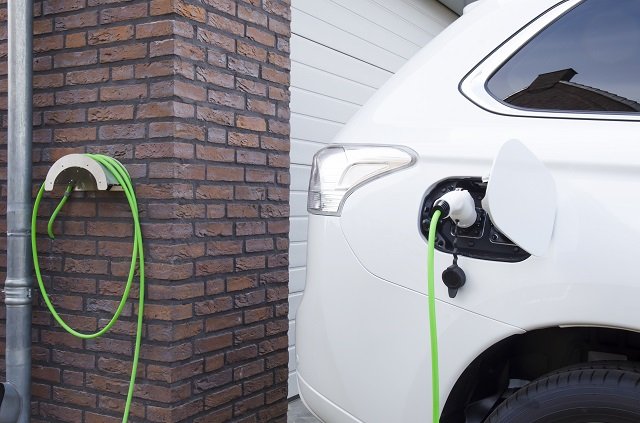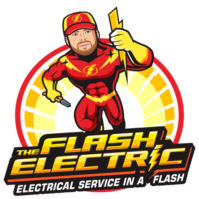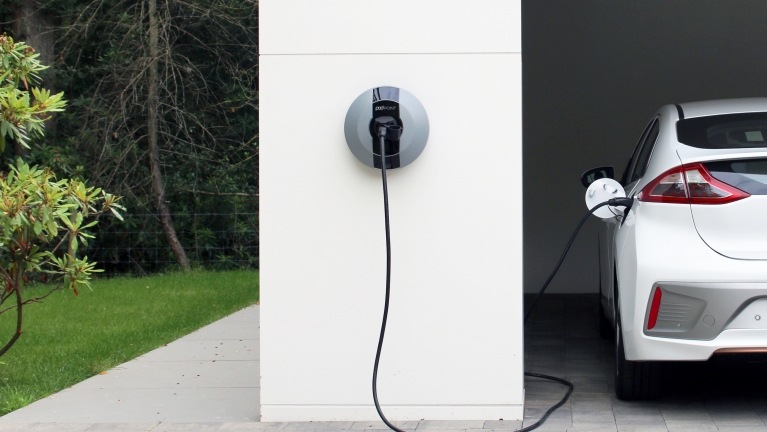Welcome to the topic “Car Charger Install in Watkinsville.”
If you’ve been paying attention to the chatter in the automotive sector lately, you’ll notice a humming sound. Carmaker after automaker has either introduced or announced intentions to deploy new electric vehicles (EVs). And there will be many more in the future. Several automakers claim that by 2030, 50% or more of the cars, trucks, and SUVs they sell will be electric.
Near to home, you’re probably aware of some people who have already taken the jump and acquired an EV. If they’re like most EV owners, they’re gushing over their new rides. EVs, according to most, is smooth, quiet, and dependable, and — perhaps most importantly — they never need their drivers to stop at a petrol station to fill ‘er up.
Those characteristics are undeniable advantages, but the last one, never stopping at a gas station, has an additional significance. The power to charge the car must come from somewhere. Unless you want to alternate brief stops at the petrol station with lengthy sessions at a public charging station, you’ll want to recharge your EV at home.
And, in most cases, this will necessitate the installation of a home EV charging station.

What is an electric car charging station?
To begin, it is helpful to define an electric vehicle charging station. To put it simply, think of your smartphone in your pocket or handbag as a stand-in for an electric vehicle.
An EV, like your phone, has a battery that allows it to function. It will not work if there is no electricity stored in the battery of your phone. Similarly, if no electricity is stored in an EV’s battery pack, the vehicle will not move. And, just like a smartphone, the electricity stored in the EV’s battery is spent when you drive it. That electricity must be replenished by charging the car’s battery.
What method do you use to charge your smartphone? Of course, you plug it in. In actuality, you utilize a charger to convert the 120-volt alternating current (AC) from a standard power outlet into a current that your phone can use to charge its battery.
An electric vehicle charging station accomplishes precisely that: it converts power into a form that an EV’s battery pack can accept. It converts the electrical current available in your home — 120-volt or 240-volt AC — into a current flow that the EV battery system can tolerate.
Commercial electric vehicle charging stations, such as those found in mall parking lots and along major highways, use far higher voltages and may thus charge batteries much faster than an at-home charging station.
They are, however, prohibitively expensive to install. Furthermore, even if you had the funds to invest in a commercial charging station, your home’s electrical system, as well as the electrical grid where your home is located, may not be capable of supporting it.
Types of Electric Car Charging Stations
There are three electric car charging stations, sometimes known as “electric vehicle service equipment” or EVSE. They range from the most basic and accessible to the most complex you would ever consider installing in your garage.
Level 1 Charging Station
A Level 1 charging station is the most basic of the three. The charging cable included with the purchase or lease of an electric vehicle is essentially a Level 1 charger. These chargers operate on ordinary household current — 110-120 volts AC — and many plugs into a conventional grounded wall socket with a three-prong plug.
Level 1 chargers are tempting due to their simplicity and low cost, but their drawback is slow — often agonizingly slow — battery recharge periods. When charging an EV with a Level 1 charger, a reasonable rule of thumb is four miles of battery range for every hour of charging. If your EV has a range of 200 miles on a full charge, charging it can take up to 50 hours.
Only use Level 1 charging options with plug-in hybrid electric vehicles (PHEV). A typical PHEV battery may be easily recharged overnight.
Level 2 Charging Station
The Level 2 charger is the next step up the EV charging station hierarchy. Level 2 devices employ 240-volt circuits, the same type of electrical circuit used in electric clothes dryers.
Some Level 2 charging stations are portable and use the same multi-pronged socket and outlet that clothes dryers do. Many homes have a circuit and outlet like this in their laundry rooms. Of course, unplugging your dryer to plug in the charger for your electric car is annoying.
As a result, the vast majority of customers who install a Level 2 charging station in their home employ the services of an electrician to run a 240-volt circuit to their garage. Consumers can have the charging station “hard-wired” into the garage circuit once electricity is available.
Alternatively, customers can connect a portable Level 2 charger into the particular 240-volt outlet in their garage while also having the opportunity to carry the charger with them on the road.
Hiring an electrician and updating the home’s electrical system might be an expensive hassle. However, the primary benefit is substantially faster recharging rates, which reduces recharge times. A Level 2 charging station will frequently recharge an EV battery in a quarter of the time that a Level 1 charging unit would, making it the optimal charging station for those who purchase a solely electric vehicle.
The battery of an EV with a range of 200 miles can be recharged in 12 hours or less. With a PHEV and a Level 2 charging station, you can recharge in a couple of hours.
Level 3 Charging Station
A Level 3 charging station is the third electric car charging station category and is intended for business use.
Level 3 charging stations support DC Fast Charging, which allows for substantially faster charging times. Some Level 3 charging stations can charge an EV battery from empty to full in an hour or less.
A Level 3 charging station installation may easily cost $50,000. Even if you had that amount of money to spend, your electricity-supplying company is unlikely to permit the installation of a Level 3 charger in your home because the electrical system in many residential locations will not support it.
Have any questions regarding the topic Car Charger Install in Watkinsville? Feel Free to comment below.
Also Read: Surge Protection in Athens




